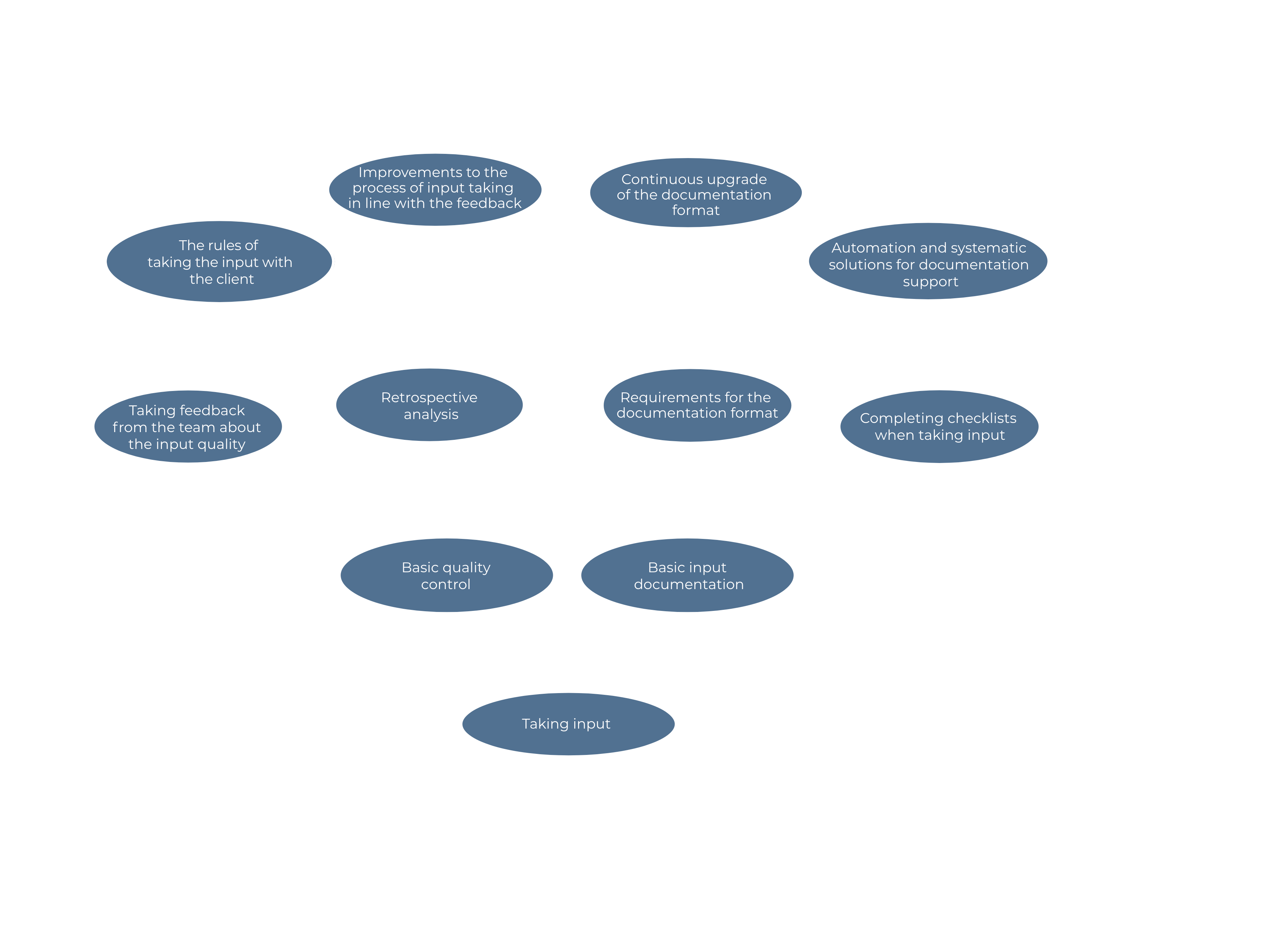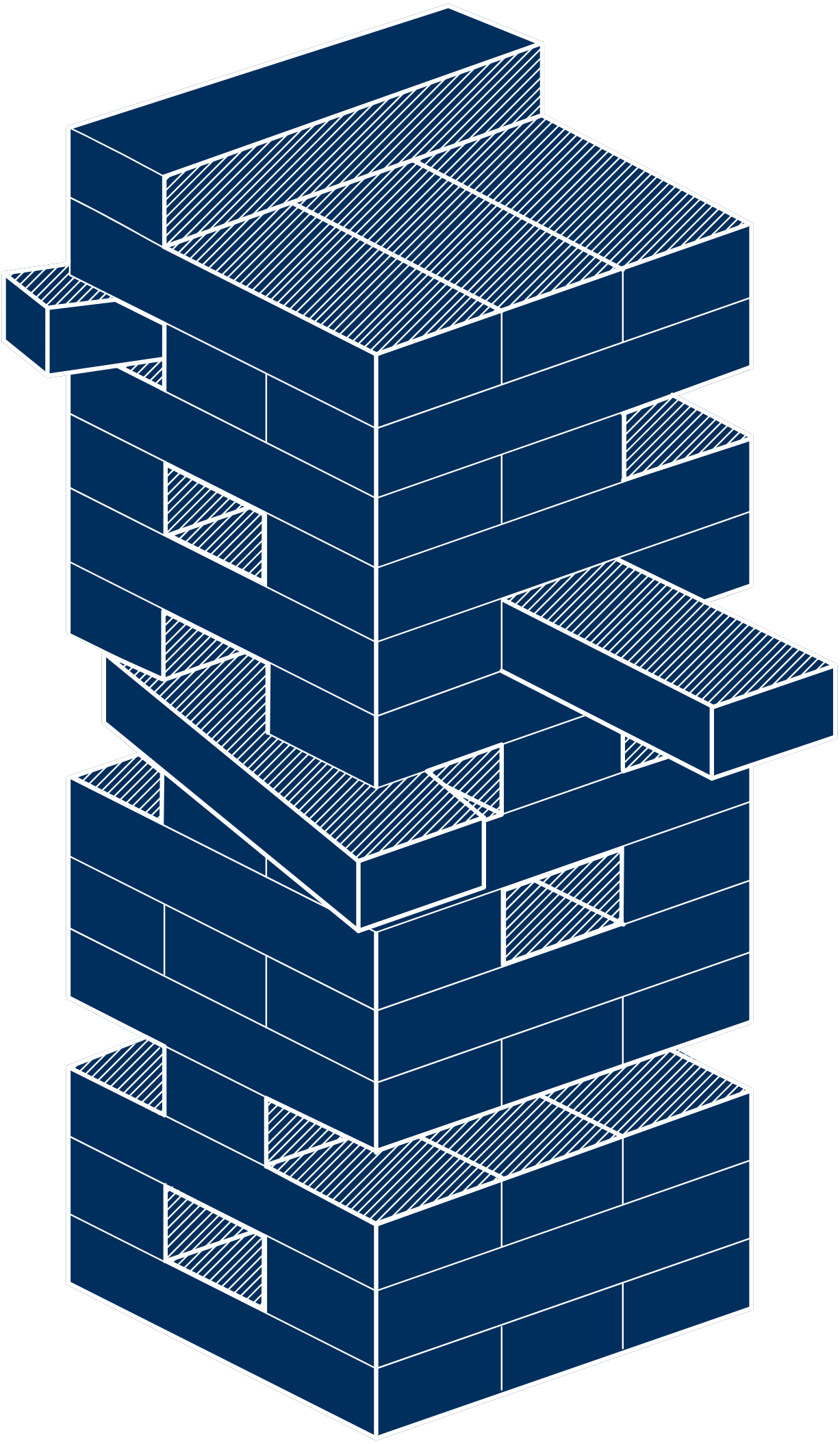Competencies
We make tailor-made software that solves your business problems
We make tailor-made software that solves your business problems
If you need to delegate both technical and product decisions, the partnership with us would be fruitful for you. In our clients' projects, it is essential to see the big picture, and that's what we're good at. Mostly we dealt with back-end and web applications, but everybody in our team is a complex specialist so a different type of application or an unusual domain won't be a problem for us. However, we will never offer our services if we know that another company will do a better job.
There are unlimited variations of tasks, and we are ready for the specifics of every project. We know how to single out the main thing, put effort into the essential points, and achieve the desired result.
We implemented various tasks and brought our solutions to production: custom CMS, integration with complex 3rd parties, construction and implementation of complex CJM scenarios, unique self-written functionality, secure and atypical payment schemes, and tricky SSO. All these tasks are typical for us; that's why we can prioritize correctly, fit into the most challenging constraints and successfully release the product into the world.
If the keywords from the title are about your task, we are sure we should discuss it with you. We are incredibly productive in such a type of problem.
We pride ourselves not on being able to talk simply about the complex stuff but that our words soon become a reality. We had projects with hundreds of business entities, dozens of repositories, billions of records in database tables, and hundreds of queries to our servers per second. Those projects have succeeded because we know how to anticipate the bottlenecks in our products and prepare them to face reality.
We work directly with the problem, so the tools to solve it are not essentially important. So we can develop solutions for you in a pretty unusual environment.
We are familiar with many platforms, toolkits, and frameworks. Thanks to our broad network, we can quickly boost the team with the right expertise. We can write software for a cash register, a drone, an Arduino robot, or a smart thermostat with equal success. The main thing is to formulate the final goal of the task. We don't have a "silver bullet" to solve every problem in the world. But we do have common sense and life experience. We do not strive to know all the programming languages and frameworks on the planet, and we do not chase technologies just because they are popular. But every technical leader on our team is not just a successful expert in their technology stack. They understand the essence of development and are able to estimate their strengths and come up with the best decision. This decision always depends on many constraints of the business problem. We make it based on our client's ultimate goals.
When developing a mobile app, the main task is to build the right user experience and quality solution to the end user's problem. This is where we are ready to lead you to the best result.
Often the task looks so ambiguous that it is difficult to determine the focus. As with web applications, we know how to properly analyze the requirements from both a business and technical perspective. As a result of this work, we select the most timely tasks to solve, execute them successfully, and release the application.
It may seem that technology is purely a question of the development team, and it has no effect on the product. We cannot agree with this point of view. The toolset itself creates boundaries for the productivity of the development process. That is why it should be developed with a complete understanding of the whole range of tasks that can be encountered in product development.

Python is our standard choice for most tasks. We chose it as our primary language because the stacks around it are optimal for early-stage projects. Our main web framework is Django. We solve some back-end tasks in PHP and C++, and there have been cases with NodeJS. We do front-end tasks with Vue and React, and mobile development tasks with Kotlin and Swift. If your project requires some expertise in other languages, this will unlikely cause us any trouble.
It is a sample of a typical subsystem and programming languages used for its development.
We mainly use PostgreSQL. We believe that the relational DBMS is the best for ordinary tasks.
Also, we know how PostgreSQL works under the hood and can "cook" it with hundreds of different recipes. But it is not a problem if the project requires or depends on MySQL, Oracle, or MS SQL, for example, if other supported applications work with them. Where relational databases cannot handle the task well, we use MongoDB or Redis.

For early-stage projects, the fast and reliable CD is vital because releases must be frequent and painless. They can include significant changes to the product, not just at the data schema level but up to complete reorganization of the application structure and dependencies. We plan the introduction of automated tests on the product in a timely and reasonable manner. That's why we are familiar with popular CI solutions. We use docker to run automated tests in the CI stage and deploy the production environment. The list is not finite, we have many ready-to-use solutions and broad expertise to solve each problem.

If the processes are weak, the project is likely to fall apart. If the processes suppress the essence of the product, it will inevitably get bogged down in them, and as a result, the crux will be lost. We know how to balance within that framework. We won't introduce backlog, code review, or routine checkup on a product until you know what they are for. At the same time, when they are needed, we can explain their usefulness and illustrate it with examples.
Experience in programming languages, environments, and technology stacks makes us a strong software company. But our greatest strength is more than that. We know how to create products that help our customers make more money. And it takes more than that. We call that "The Principles Of Product Development."
At the moment, there are no universal principles of product development in the industry. A company must apply any methodologies with a sense of reality. That's why we can only rely on common sense in this matter. That approach fits our clients' needs perfectly. Here are a few principles we follow when building product approaches.
We will never take on a significant block of tasks while its profitability is doubtful. We figure out the client's expectations about the ROI of each group of tasks, even when they are hard to form. If we are not confident that our work will lead the product to success and its owners to more optimistic financial expectations, we will probably postpone these works. We need to understand how an increment in the product will lead the client to profit. Otherwise, our work will be in vain. We know how to listen, get answers, analyze the situation, and that is the only reason we are confident that we will take up only those tasks that will bring a visible benefit.
An effective decision-making process requires the opinions of all important stakeholders. During software product development, companies often rely entirely on the client's view, underestimating the end user's needs. A great product can't exist without a comprehensive view of all aspects. We are not afraid to share responsibility with the client, participating in all strategic decisions for the client and the end-user. In our area of expertise, we assess the probability of success of each hypothesis and fight to reduce risks by reducing uncertainties. In controversial situations, we will not introduce doubtful increments into the product until we come to a consensus. We can offer alternatives: to conduct cheaper research or choose less risky hypotheses. This approach makes each product more viable, and we are confident in our actions.

When working with an early-stage product, it is wise to lay down frequent changes in the overall strategy, which cause changes in the product architecture. We know how to build the product concept at an early stage in such a way as to prepare it for future changes, even the least expected ones. The main thing in this process is to understand the causes of load increase at each point in the product, and we are successful in doing this. So usually our products are ready to increase the limits by 10, 100, and if necessary, by 1000 times, without any serious modifications.
We are ready for situations when changes in the business model require changes in the product's principles. We will show a set of factors to our client, describing why we need an architectural pivot in a particular case. Also, we inform the client about current technical problems if they exist; and how they can affect the product in the future. Therefore, we manage to avoid architectural pivots caused by technical reasons in most cases. And even in situations where the product changes from the ground up, we don't give up. We will evaluate all the factors and suggest what is worth inheriting from the old product and what is worth rebuilding from scratch. We are calm about your budgets, and we are pleased that our clients spend less.